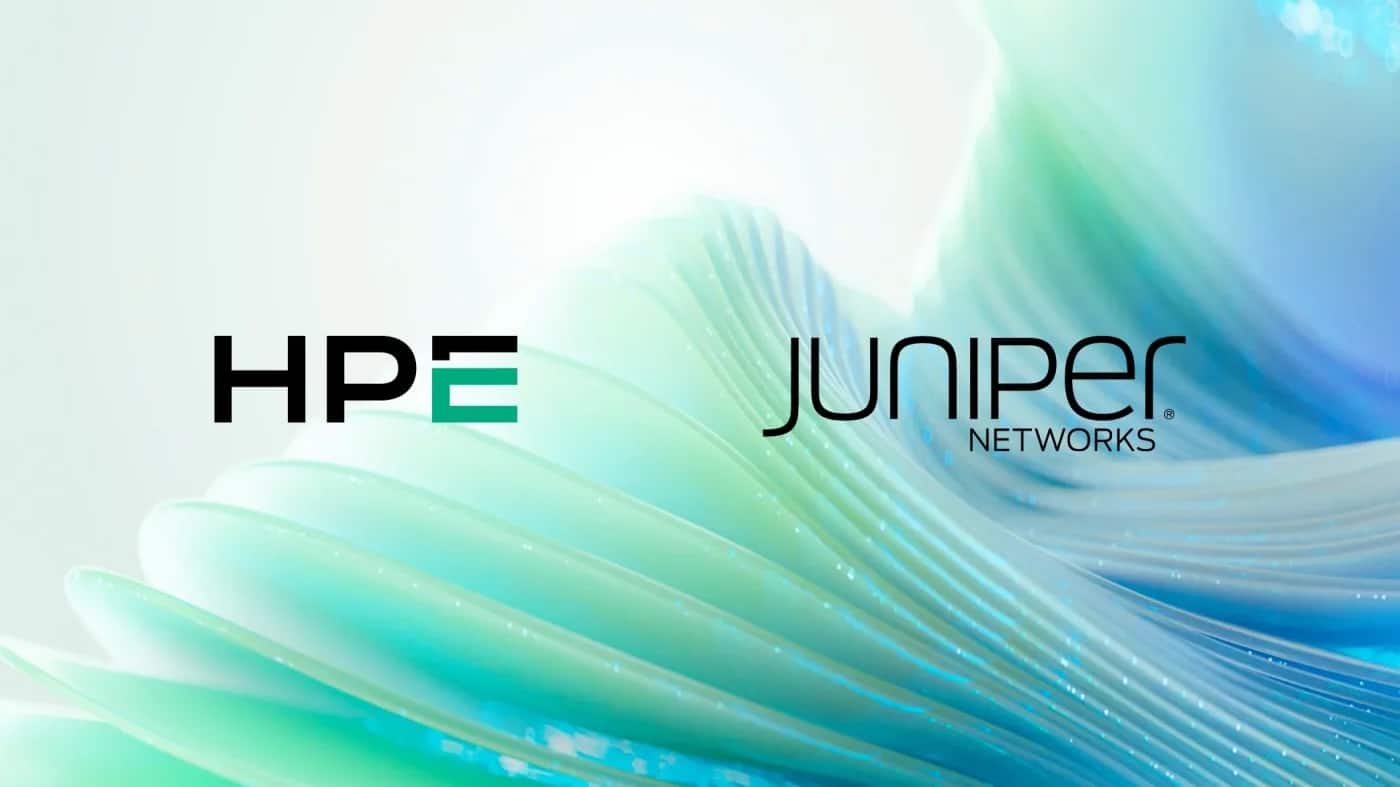Sure! Here’s the translation:
The deal, valued at billions of dollars, positions Hewlett Packard Enterprise as a key player in the future of AI-driven networks and hybrid cloud.
Hewlett Packard Enterprise (HPE) has officially completed the acquisition of Juniper Networks, one of the leading firms in AI-native networking. With this acquisition, HPE not only doubles the size of its networking business but also places itself at the heart of the digital transformation that combines networking, cloud, and AI.
Antonio Neri, President and CEO of HPE, celebrated the moment as “the beginning of a new era,” in which the company positions itself “as a modern alternative in network architecture,” with a differentiated and comprehensive portfolio that spans from hybrid cloud to security and smart connectivity solutions.
A network designed for and by artificial intelligence
Juniper will bring to HPE deep expertise in software-defined networking, data centers, and operator-oriented solutions for large service providers. According to the company, the new set will offer a “secure network designed for artificial intelligence,” aligning the visions of both companies at a time when hybrid and data-driven workloads are setting the pace in the industry.
Rami Rahim, the former CEO of Juniper who will lead HPE’s new networking business, emphasized that the combination comes “at the most relevant moment to transform the sector,” in a context where connectivity is becoming the backbone of the massive deployment of AI solutions in enterprises and governments.
Strategic and financial advantages of the acquisition
The merger is not merely symbolic: it marks a profound shift in HPE’s strategy, with a clear emphasis on higher-margin and faster-growing sectors. From a technical standpoint, HPE will integrate a complete networking stack, from silicon and hardware to operating systems, security, and services. All with a cloud-native focus powered by artificial intelligence.
Among the highlighted benefits:
- Doubled HPE’s networking business, expanding its presence in adjacent markets such as firewalls, routers, and data centers.
- Scalability and accelerated innovation, with increased investment in R&D and the ability to offer end-to-end solutions for complex AI scenarios.
- Commercial synergies, thanks to HPE’s global network of customers and sales, which will drive the adoption of Juniper solutions.
- Improved profitability, with an expected contribution of more than 50% of HPE’s total operating profit coming from the networking area.
Transition phase: farewell to Juniper on the stock market
As of today, shares of Juniper Networks (JNPR) will cease trading on the New York Stock Exchange, consolidating as a unit within the HPE conglomerate. The merger was first announced in January 2024 and approved by Juniper shareholders last April.
What does this mean for the market?
The deal could shift the balance in the enterprise networking sector, traditionally dominated by Cisco and increasingly disrupted by new players focused on programmable and cloud-oriented networking. The integration of Juniper strengthens HPE’s vision as a comprehensive solutions provider for enterprises that seek speed, security, and scalability in the post-cloud era.
As networks evolve to support generative AI workloads, edge computing, and real-time automation, the synergy between HPE and Juniper aims to become a new market benchmark.
via: HPE

